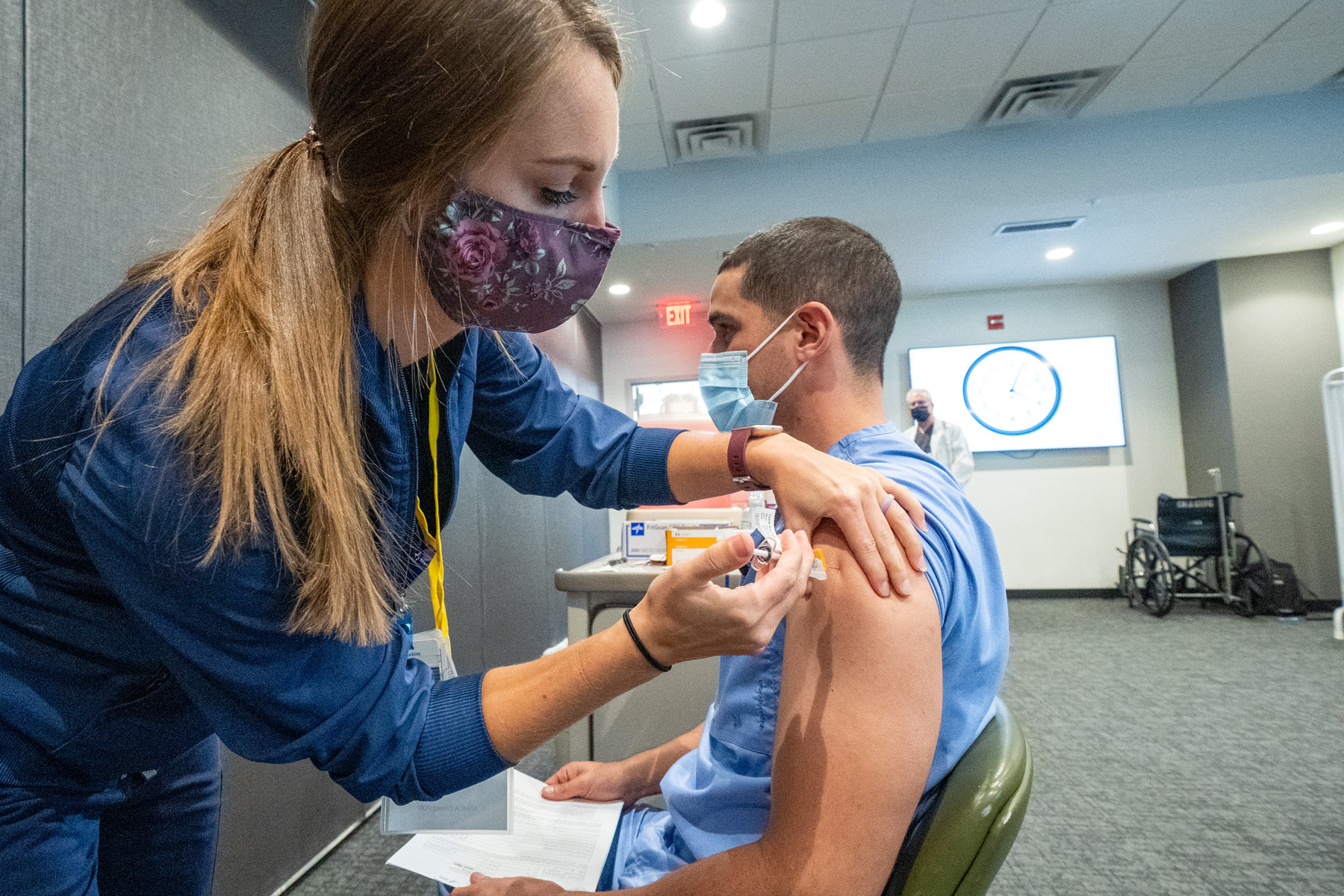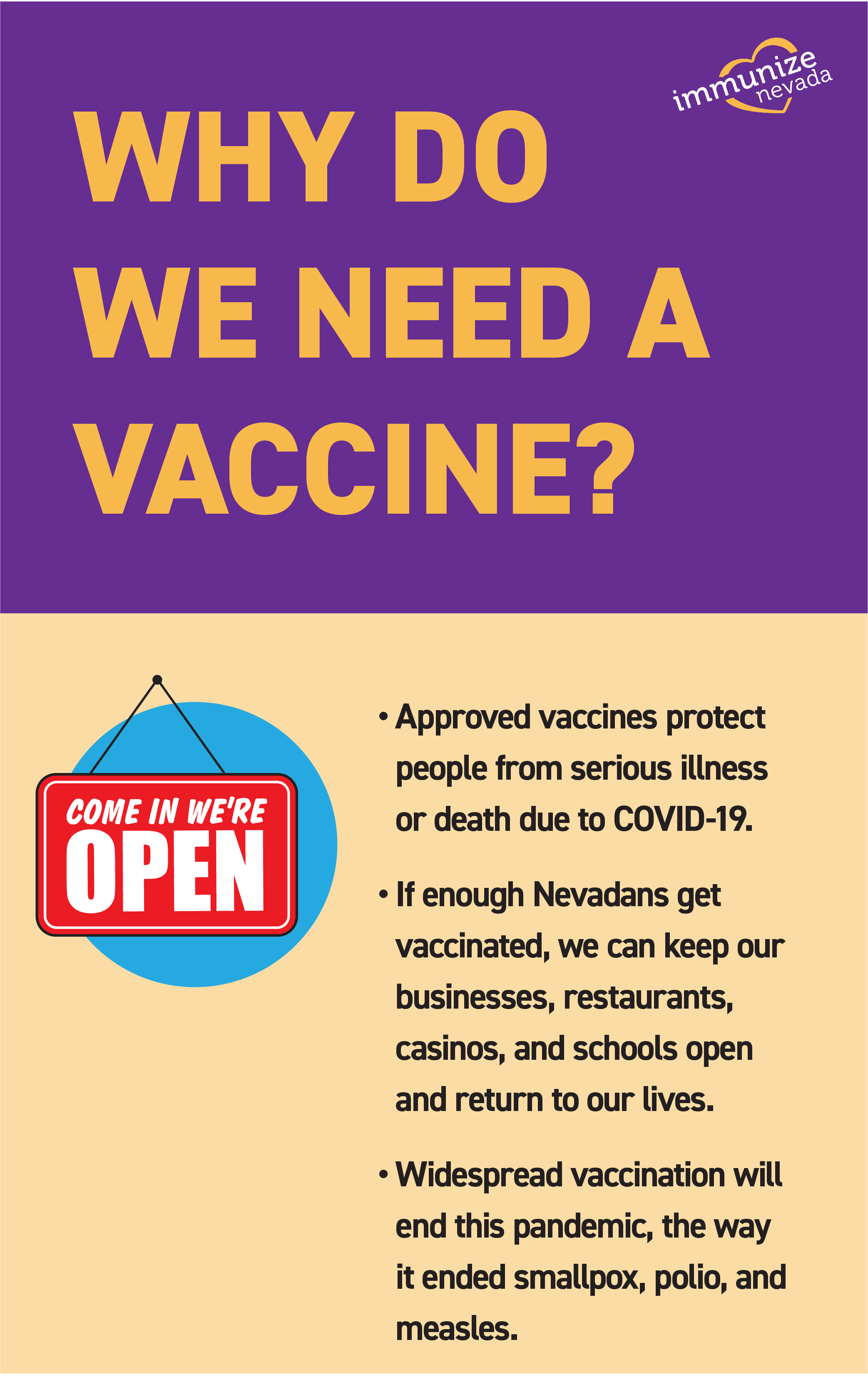

While politically geared propaganda or election interference can result in lived consequences, their effects on institutions or outcomes can be difficult to measure, or to point to as “evidence” of an information problem (Benkler 2019 Karpf 2019). The value in addressing mis- and disinformation as they relate to specific case studies lies in those studies’ ability to clearly demonstrate the material effects of a polluted information ecosystem. As with instances of more obviously political mis- and disinformation, problematic information about science has been heavily dependent on phenomena such as declines in public trust, denigration of expertise and expert figures, the rise of global populism, and the amplifying quality of social media (Wanless and Berk 2019 Bennet and Livingston 2018 Elsasser and Dunlap 2013). Instead of conceptualizing scientific or public health mis- and disinformation as specific types, it’s perhaps more useful to think of them as among the myriad ways that the spread of problematic information poses threats to a safe, just, and healthy society.

MediaWell defines “disinformation” as a rhetorical strategy that produces and disseminates false or misleading information in a deliberate effort to confuse, influence, harm, mobilize, or demobilize a target audience, while “misinformation” is information that is unintentionally spread, but tends to confuse or harm its audience. (For more on this complex topic, see our literature review on Defining “Disinformation.”) Understanding scientific misinformationĪt their core, scientific mis- and disinformation are not categorically distinct from other forms of problematic information. Forms of problematic information such as dis- and misinformation have always intersected with broader knowledge fields, such as scientific expertise, with consequences for human and environmental health. While these issues are critical to the larger field of disinformation studies, this review demonstrates that the reach of problematic information online extends far beyond the boundaries of election-related concerns. Experts have warned that vaccine conspiracy theorists, who have small but effective and growing online networks, could damage efforts to establish herd immunity (Ball 2020 Wadman 2020 Garza 2020).Īt the same time, concern over recent large-scale election interference campaigns has led to a wealth of scholarly attention paid to how dis- and misinformation may affect political processes such as voting or campaigns. Even as a potential Covid-19 vaccine is months or even years away, antivaccine protestors are already conducting disinformation campaigns and aligning with other conspiracy theorists to undermine public health initiatives (Molteni 2020).

Through this specific case study, we seek to highlight the effects of mis- and disinformation on societies’ abilities to effectively communicate and act on credible scientific knowledge.Įvents during the Covid-19 pandemic have shown that public health misinformation can have serious consequences for societies around the globe. In this review we examine the existing literature on the antivaccination movement and address emerging questions and research gaps. This research review addresses and expands on a critical case study at the intersection of information disorder and scientific knowledge: the antivaccination movement.


 0 kommentar(er)
0 kommentar(er)
